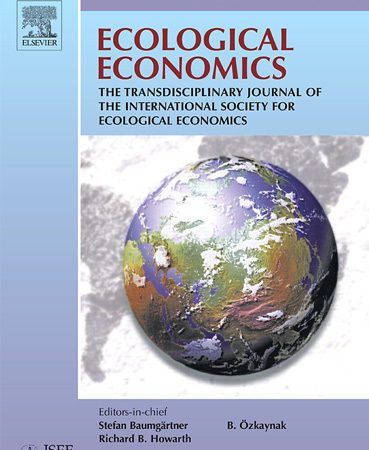
Warfare has been found to have detrimental impacts on local ecosystems. Armed conflict can generate environmental damages through intertwined channels: scorched earth tactics, indirect effects following institutional collapse or economic and social disruption, and direct effects of combat operations. While the two first channels are well understood, the third one has been comparatively neglected. This paper analyzes the environmental consequences of one of the largest aerial and naval conflicts of the late 20th century, namely the 1982 Falklands War. As an indicator of the marine ecosystem status, we analyze population trends of king penguins breeding in the Falkland Islands over the period 1963–1997. Using interrupted time series analysis, which we then complement with a synthetic control group based on data from other Sub-Antarctic colonies, we find that the war significantly slowed the growth rate of king penguins’ breeding population.
